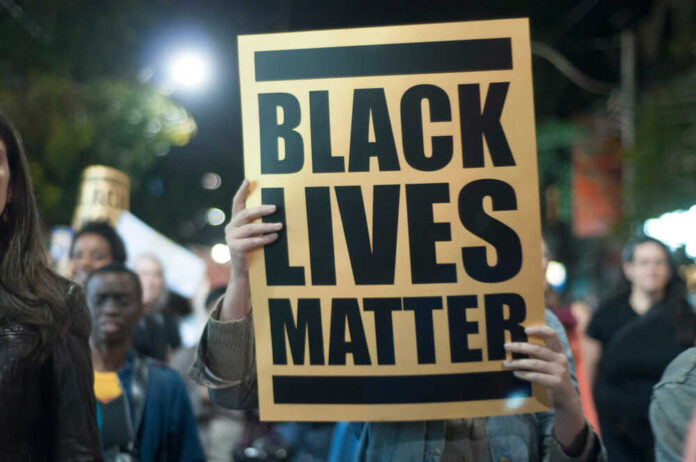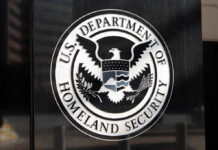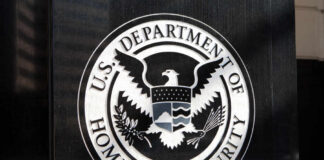
Although the Black Lives Matter movement dates back a decade to the aftermath of George Zimmerman’s acquittal on charges related to the death of Florida 17-year-old Trayvon Martin, subsequent events have allowed the group of activists to gain even more national prominence.
George Floyd’s death during a police stop in 2020 provided the brightest spotlight yet for the movement, which translated into a windfall of donations for those at the top of the organization.
In the years since, however, individuals aligned with Black Lives Matter have been connected with rampant crime in communities across the country and leaders of the nonprofit group have attracted criticism for their use of donations.
One of the movement’s founders, Patrisse Cullors, went from a self-described “Marxist” to the owner of multiple homes worth a combined $3.2 million in the span of only a few years. She also handed out about $841,000 in payments to her brother for “professional security services” despite his apparent lack of any experience in the profession.
The father of Cullors’ child owned an art firm that received payments totaling almost $1 million.
Black Lives Matter board member Shalomyah Bowers was also caught up in controversy after his consulting firm received $2 million in payments from the organization. According to a lawsuit, the firm paid Bowers a staggering $10 million in fees.
Furthermore, the group spent $6 million in donated funds to purchase property in Los Angeles.
At least in part because of the negative press, the amount of money being given to the Black Lives Matter Global Network Foundation has significantly dried up. In 2020, the foundation raked in about $80 million. By 2022, that number was just $9.3 million.
NO KIDDING? Possibly because it had NOTHING to do with promoting Black Lives, Black children, Black families, Black businesses, Black communities or Black American’s hopes and dreams? Grifters. https://t.co/iLOakSb2I2
— Burgess Owens (@BurgessOwens) May 19, 2023
Of course, Cullors has dismissed the notion that she or other Black Lives Matter leaders are at fault for the reversal of fortune. In fact, she claimed last year that the entire nonprofit structure is rigged against organization.
Complaining specifically about one financial disclosure form that charities are legally required to file with the IRS, she said: “This doesn’t seem safe for us, this [IRS Form 990] structure, this nonprofit system structure. This is, like, deeply unsafe. This is being literally weaponized against us, against the people we work with.”

















